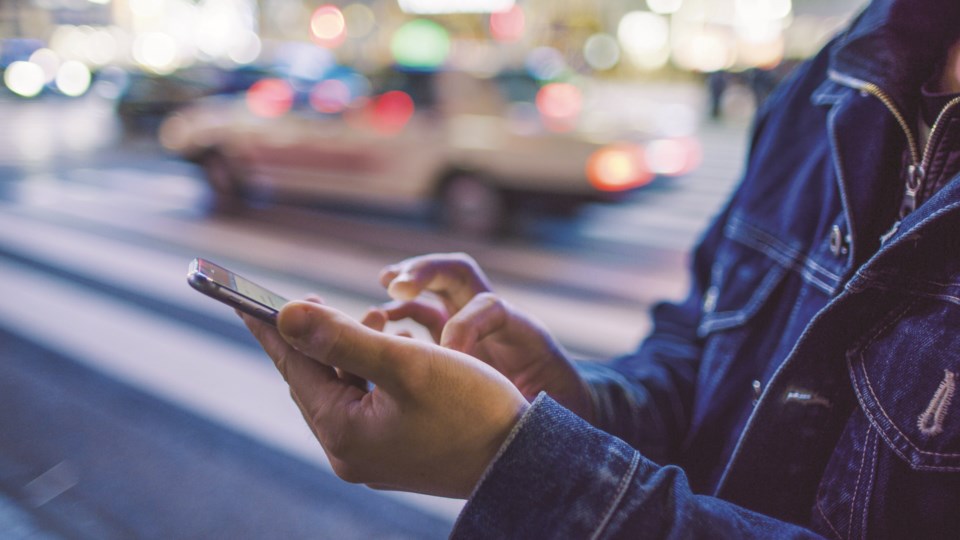Scammers are using a new caller ID spoof strategy to get consumers to pick up the phone. "Neighbour spoofing," as the scam is referred to, occurs when the call appears to be coming from a local number, but it is not.
For phone scams to be successful, scammers need to have their calls answered so they have the opportunity to initiate the conversation. Neighbour spoofing uses a false caller ID to trick a person into thinking somebody local, possibly even someone they know, is calling. According to experts, this may interest someone enough to answer their phone – even if they don't recognize the number.
Con artists and robocallers use technology to modify what phone numbers appear on caller ID, impersonating phone numbers from neighbours, friends and local businesses to try to get you to answer the call. In many instances, it is a random number with the same area code and first three digits as your own phone number. In other cases, the number displays as coming from a local business or person in which you've previously communicated.
Answering one of these spoofed calls will indicate to the robocaller that you have an active phone line. Active phone lines are valuable to phone scammers, and this will often put you on what is referred to as a "sucker list," potentially opening your phone line up to more scam calls.
Here are a few BBB tips to help identify and handle "neighbour spoofing" phone calls:
-
Avoid answering calls from phone numbers you don't recognize, even if they appear to be local. If it's important, the caller will leave a message.
-
If your own phone number is used in a caller ID spoof call, you may receive calls and messages from people asking why you called them in the first place. This can lead to a lot of confusion between the two parties, but knowing your own number can be used by scammers may help explain the situation.
-
Be aware that phone numbers of local businesses, including doctor's offices or insurance agents, may appear to be calling you. If you're not certain whether the call is legitimate or a spoof, hang up and dial the known phone number for the contact to verify the communication, especially if personal or financial information is being requested.
-
There are call-blocking apps that may help decrease the number of spam calls you receive, including those using a spoof caller ID. Your phone carrier may also provide a similar service or offer advice.
If you do receive these types of calls, you can report phone scams to BBB Scam Tracker.



